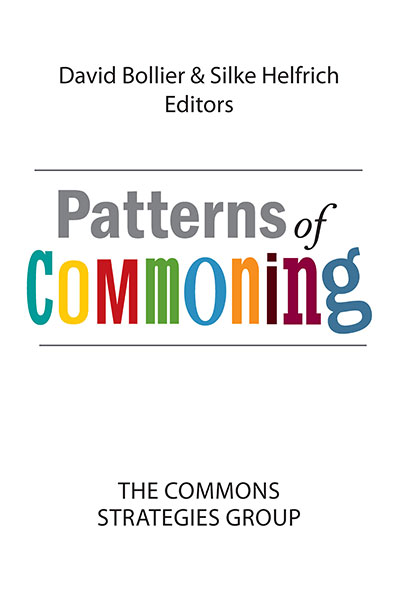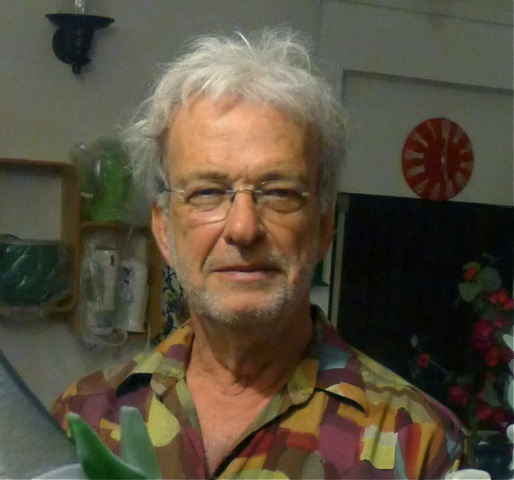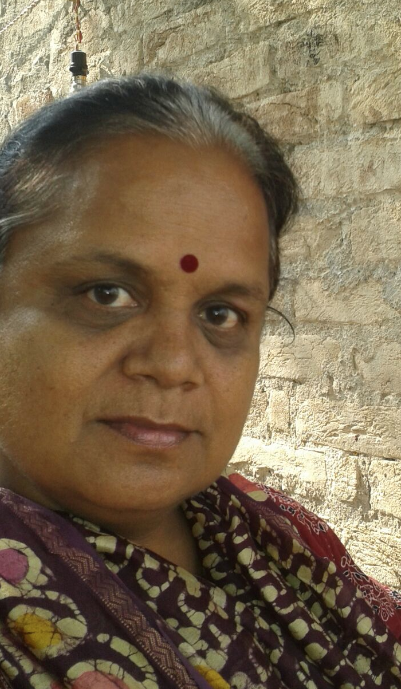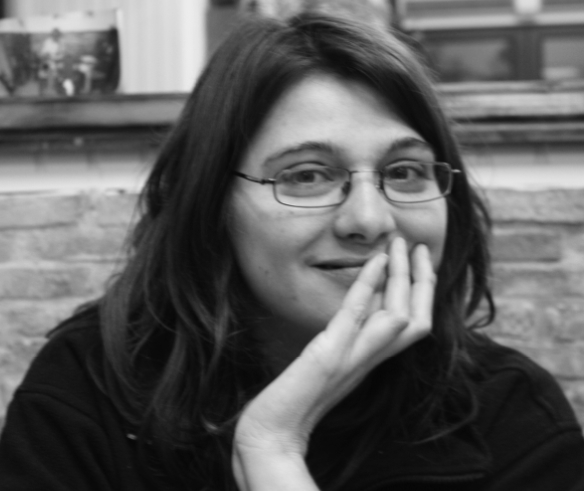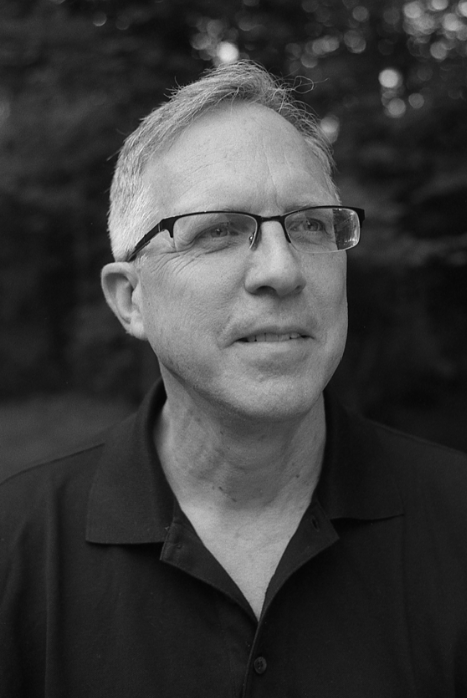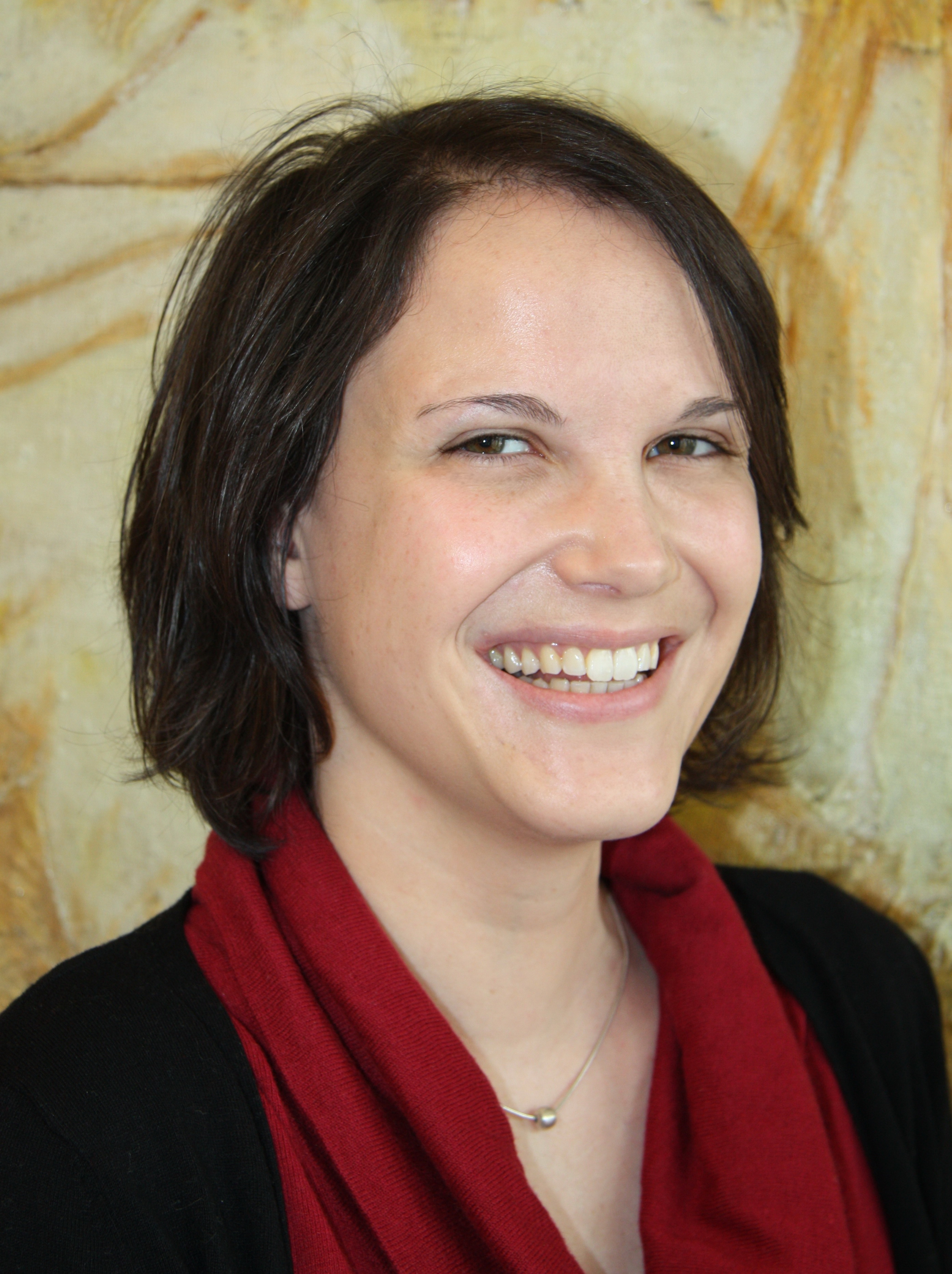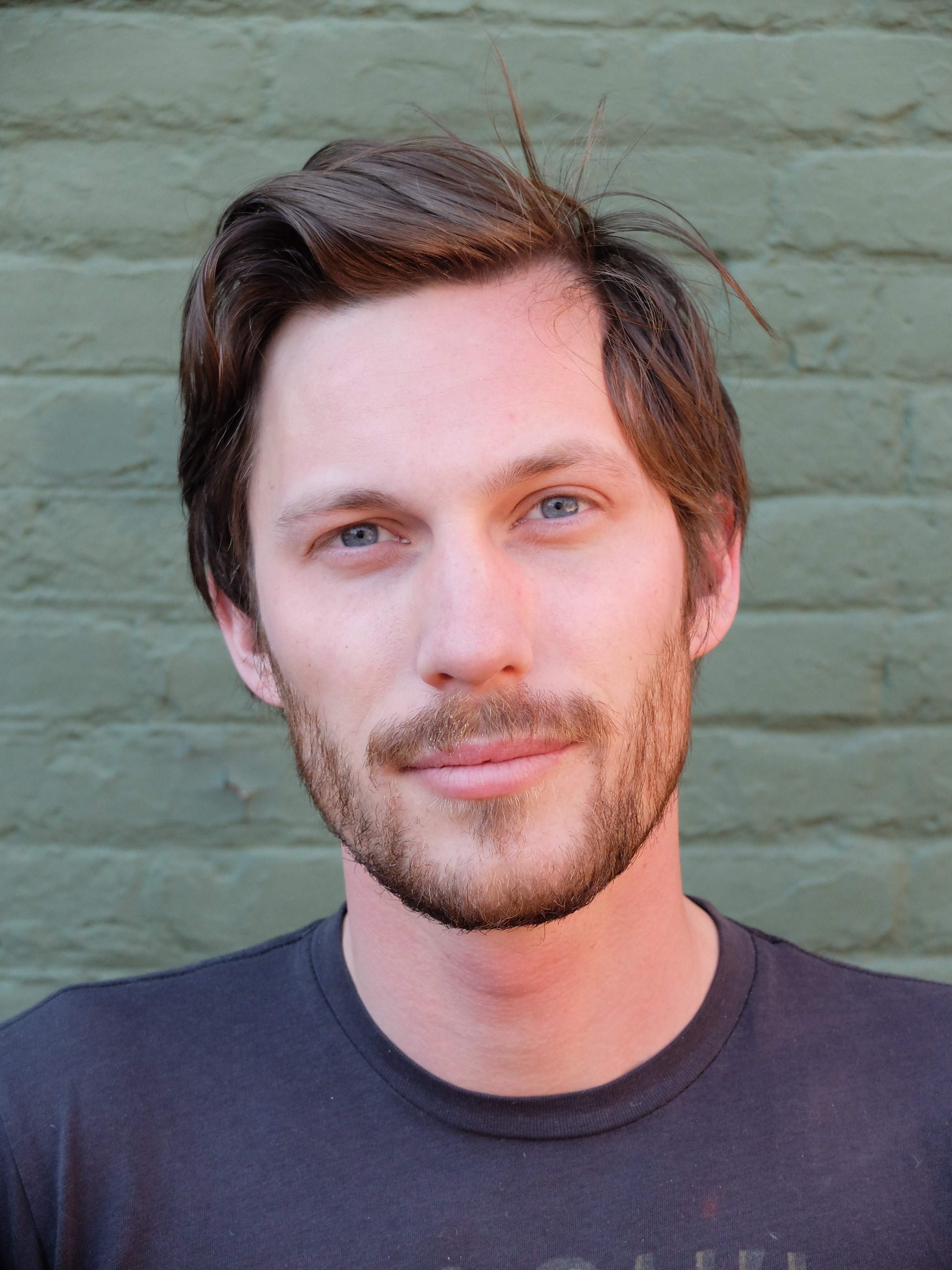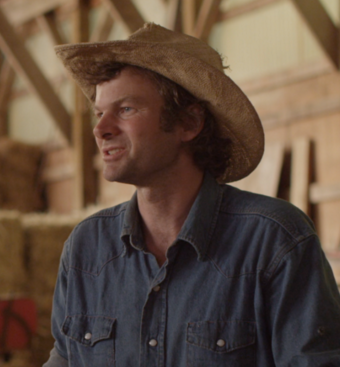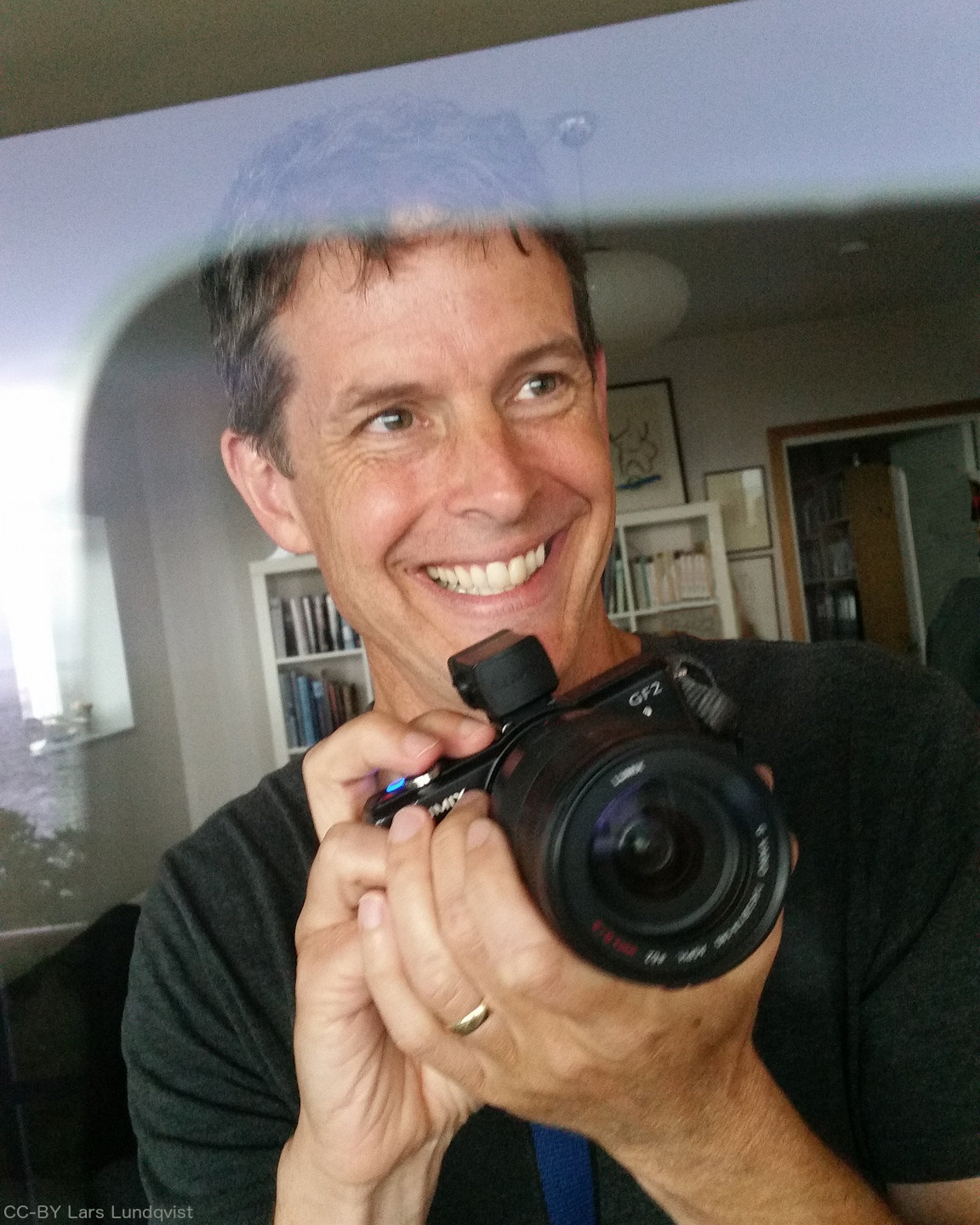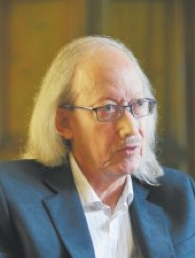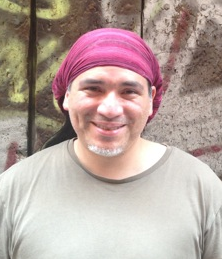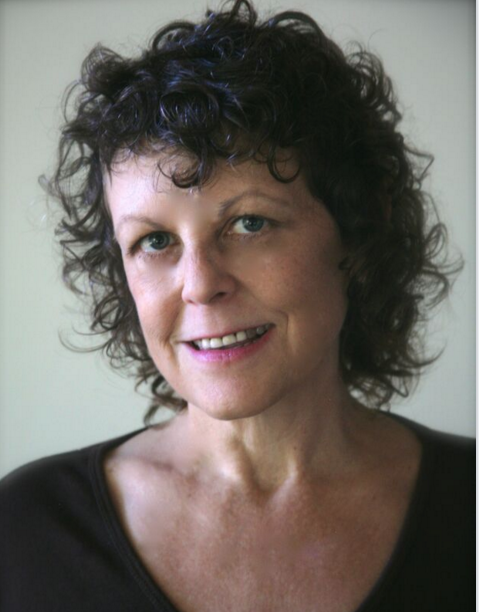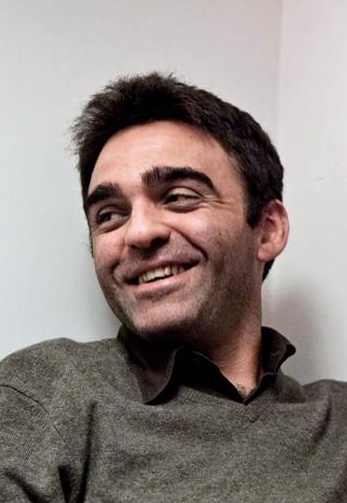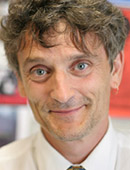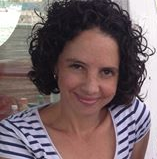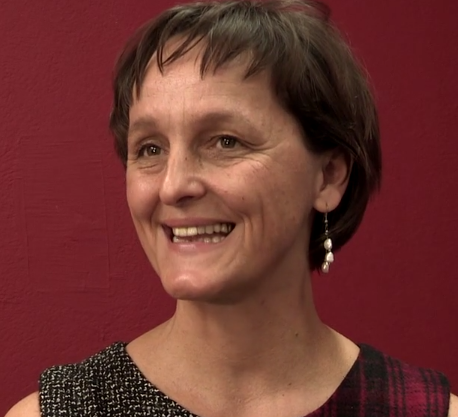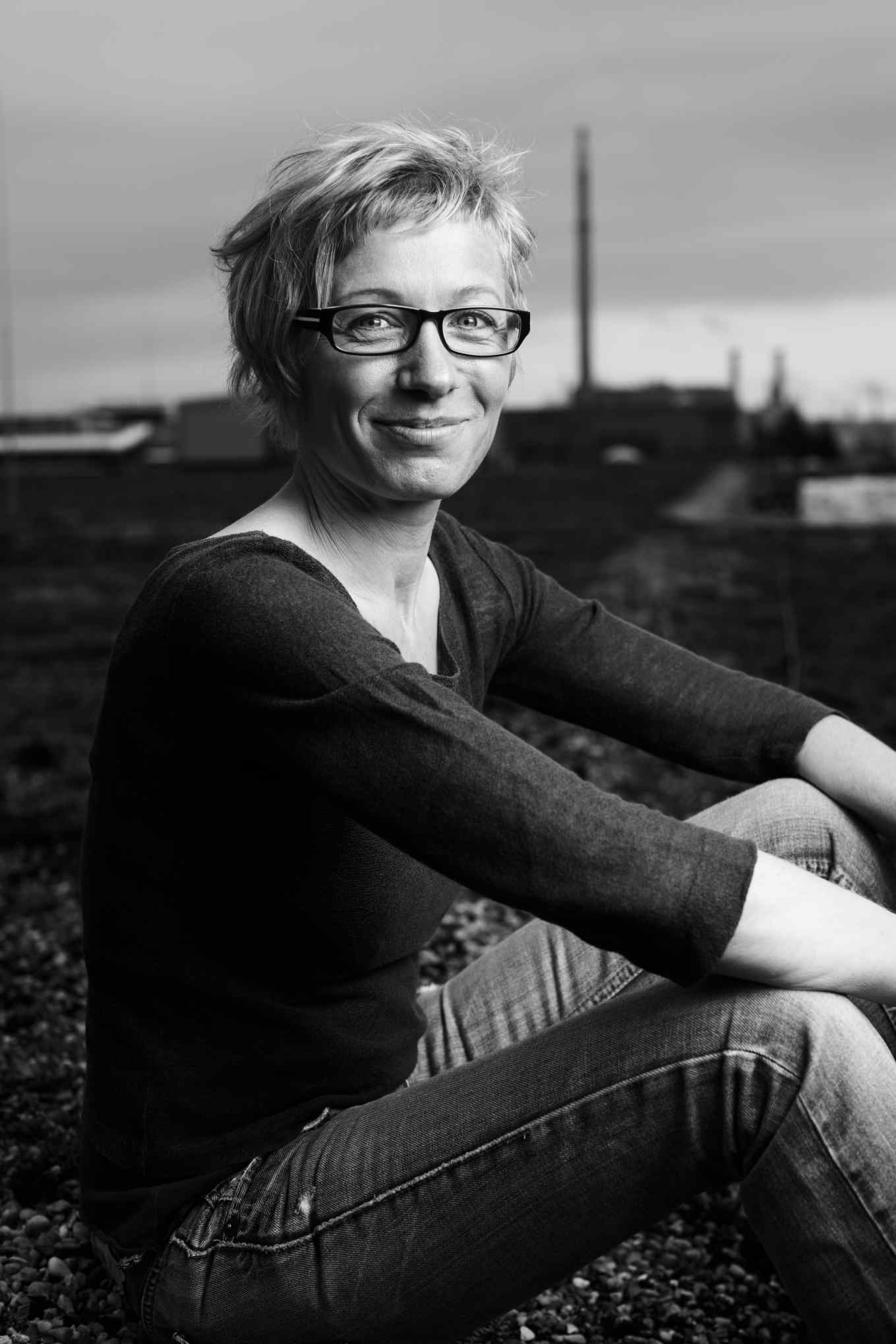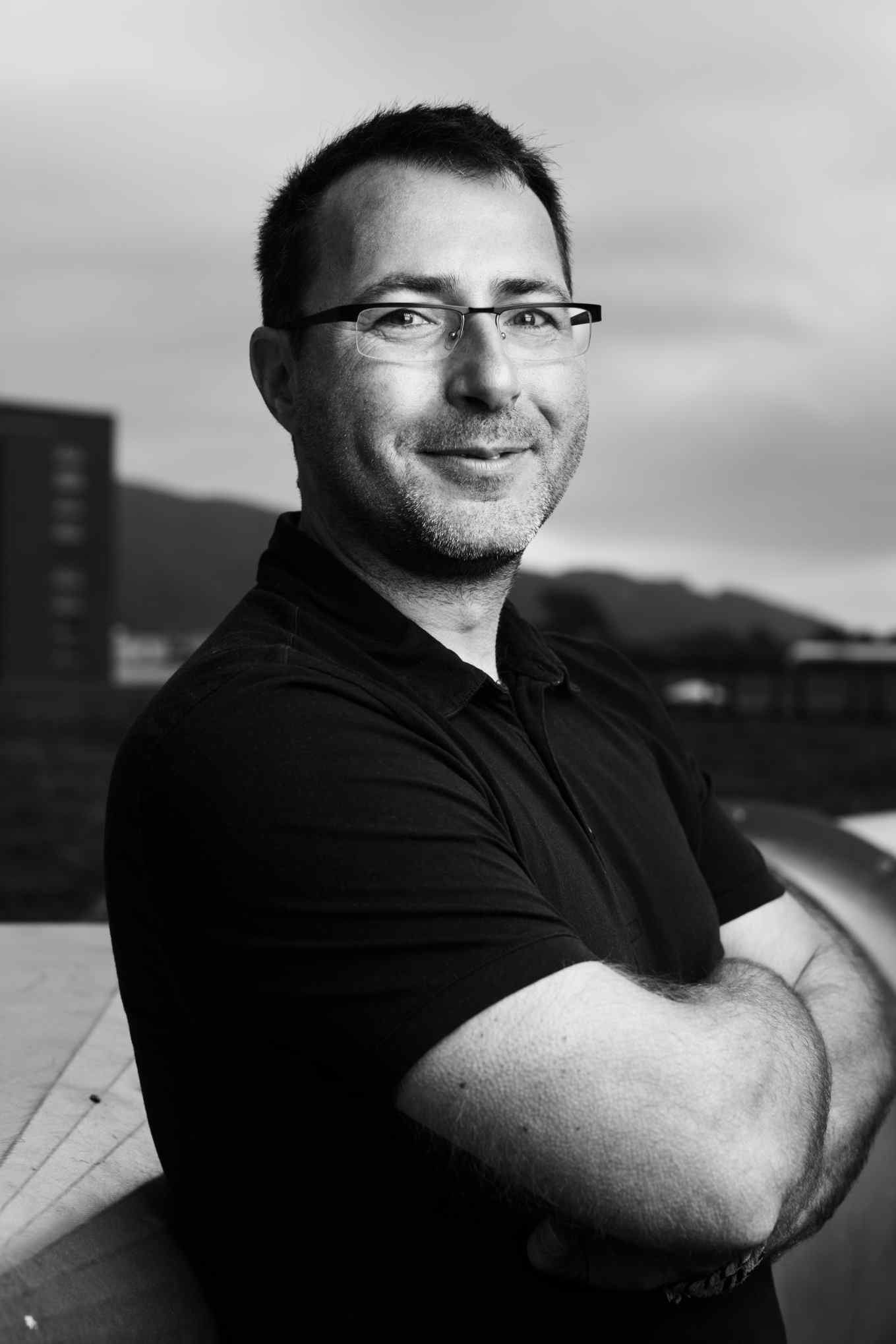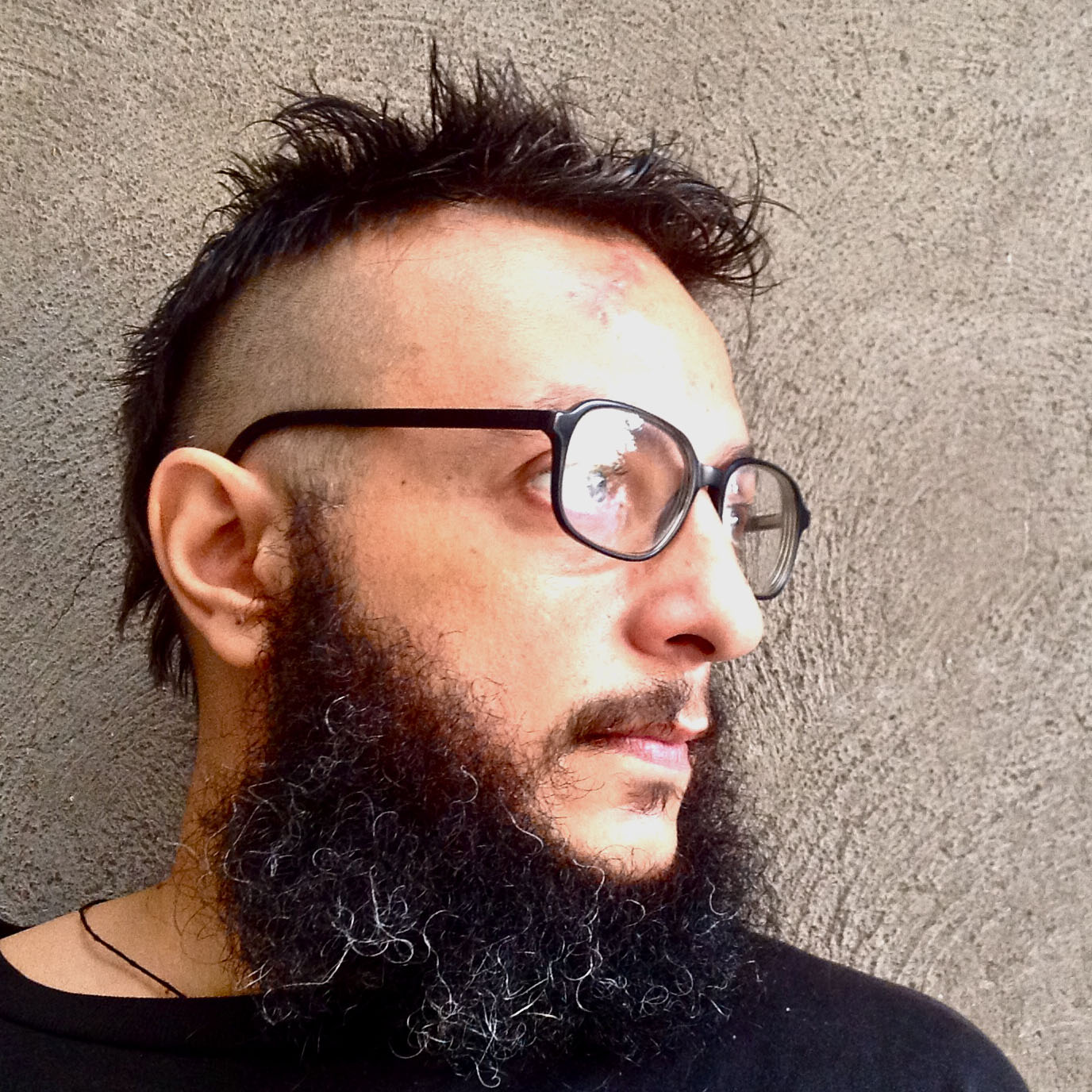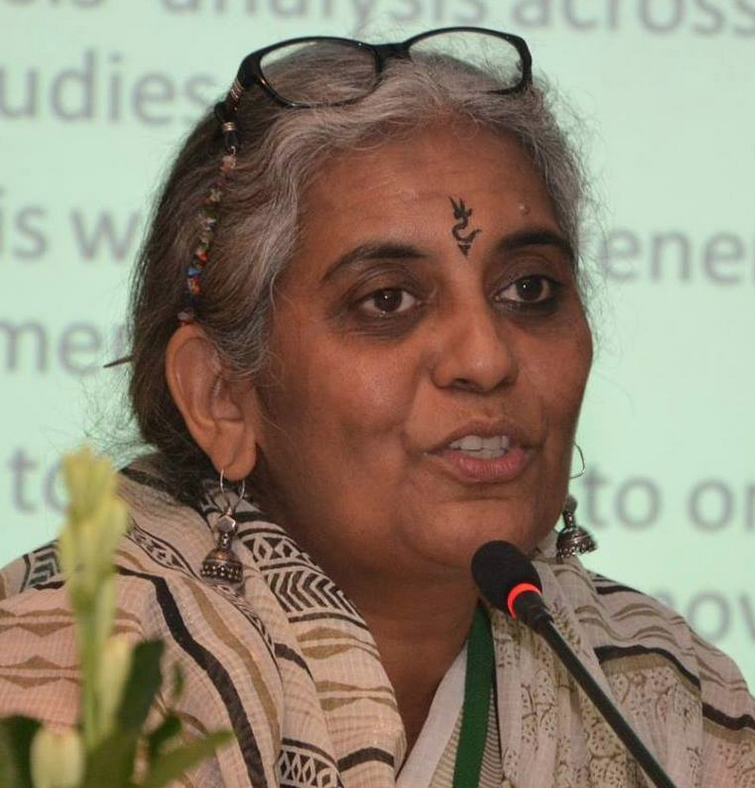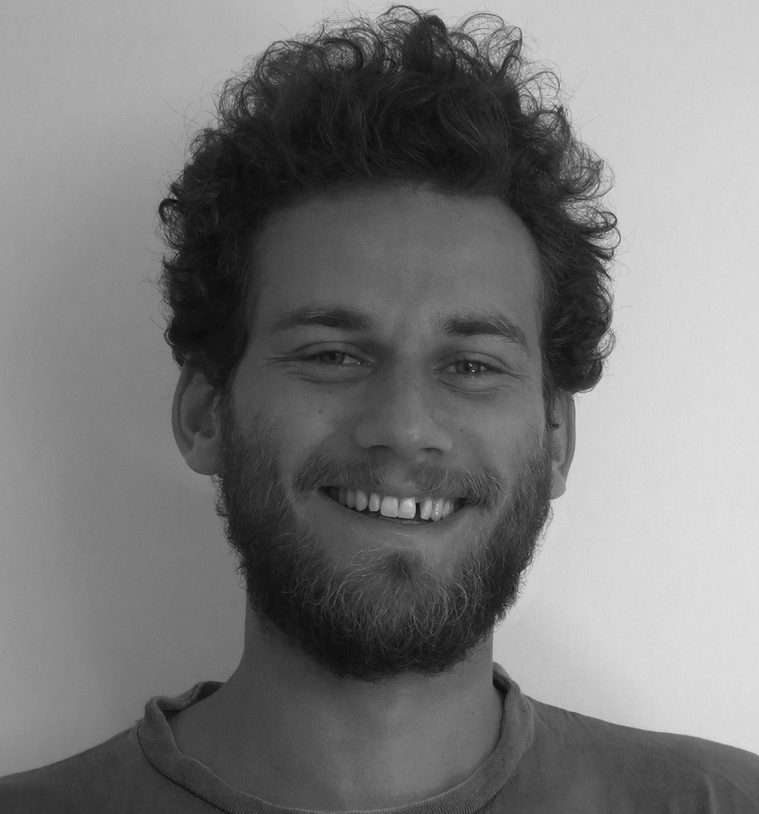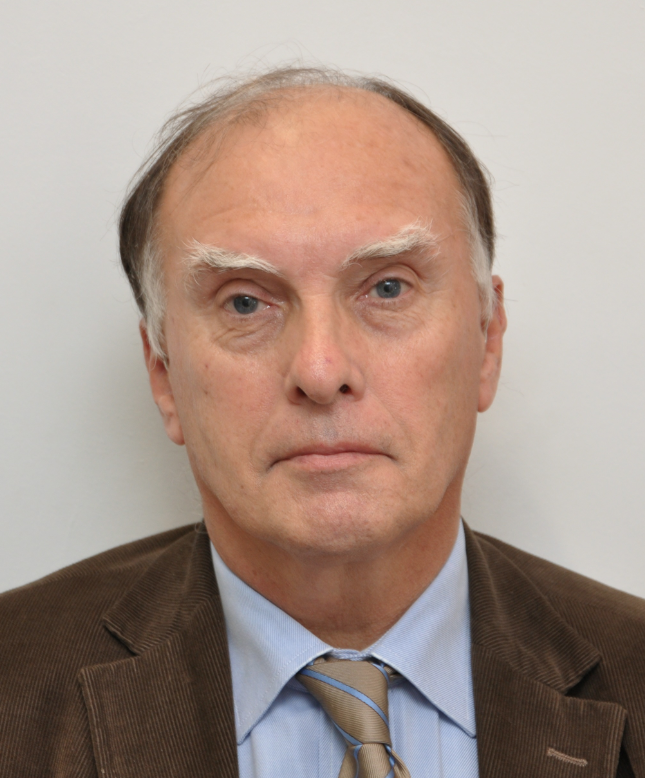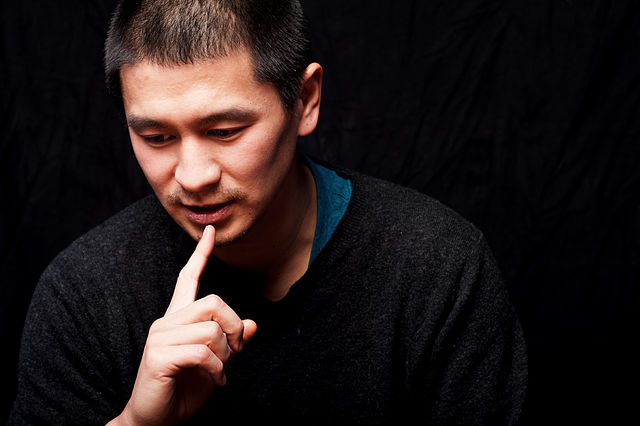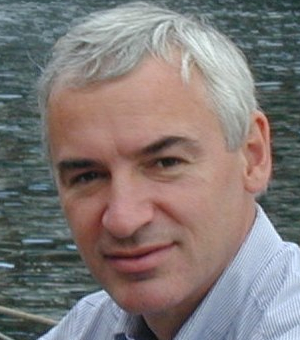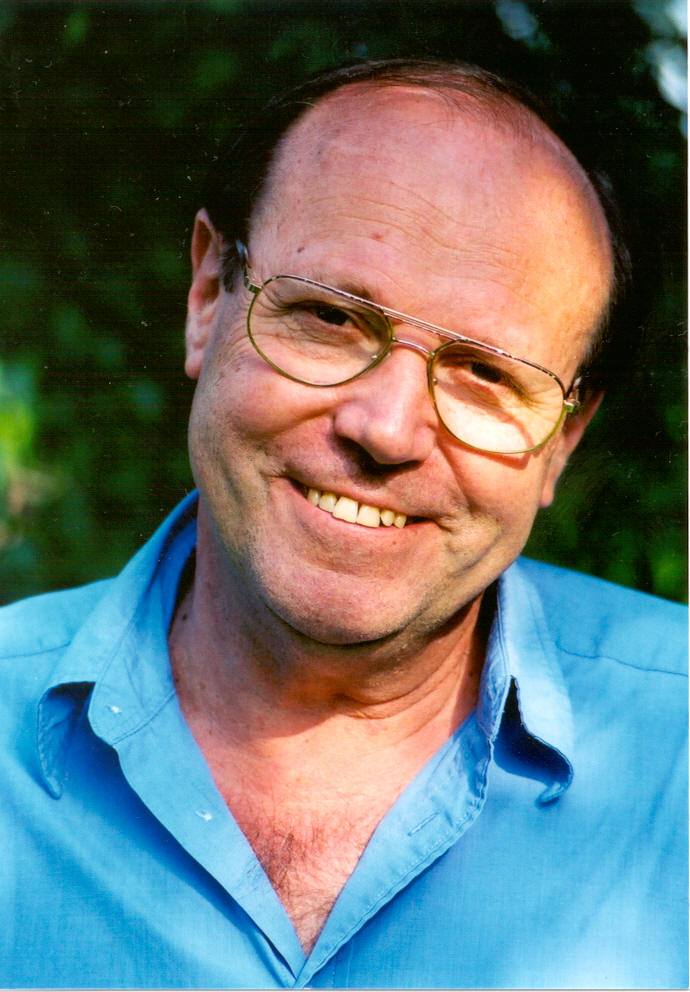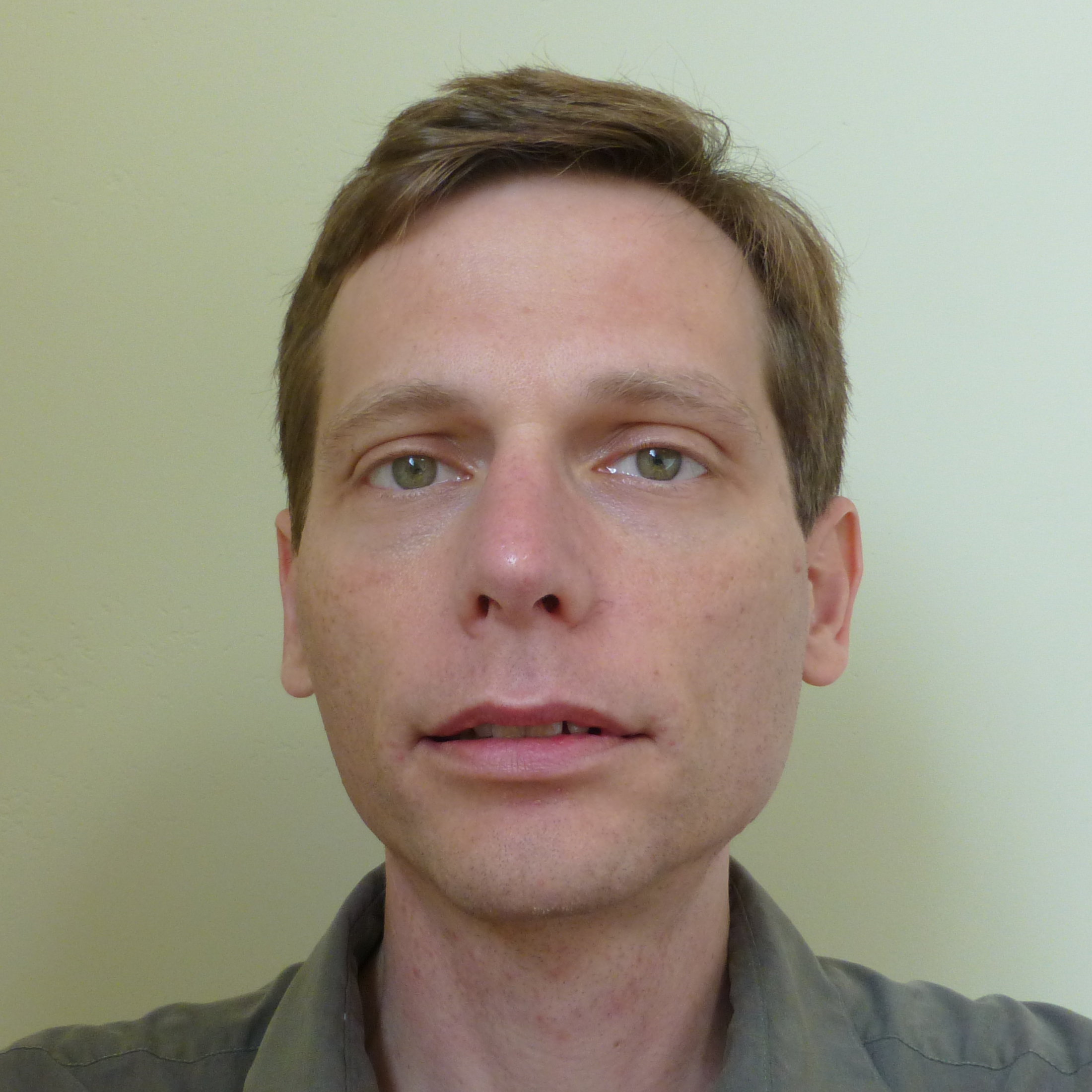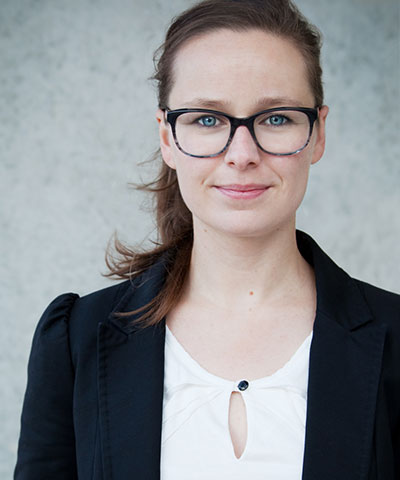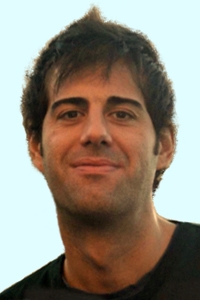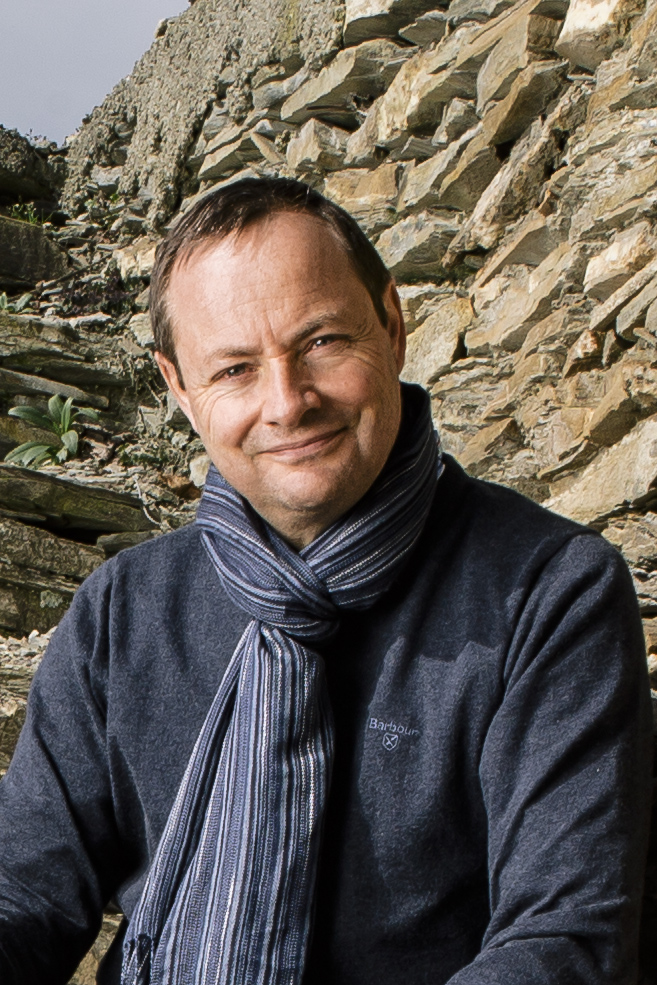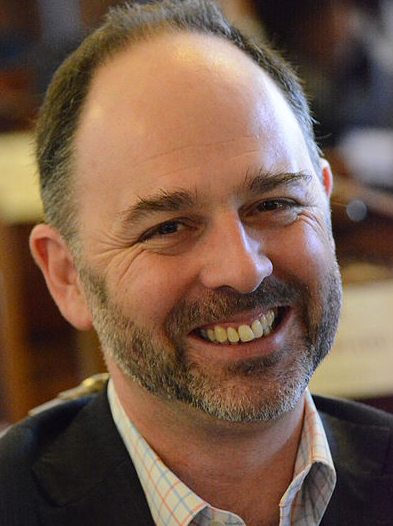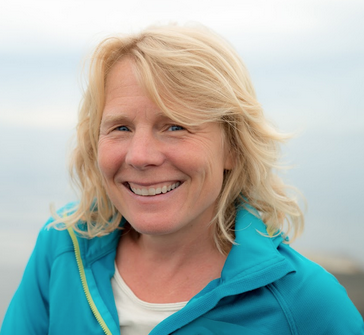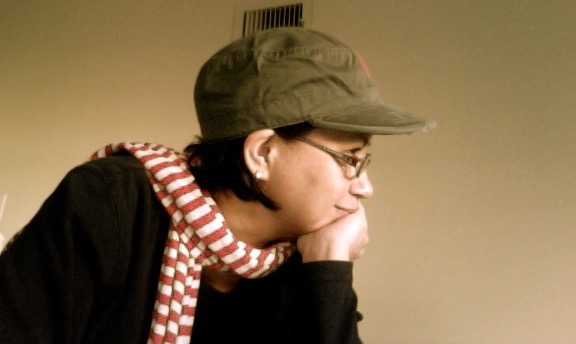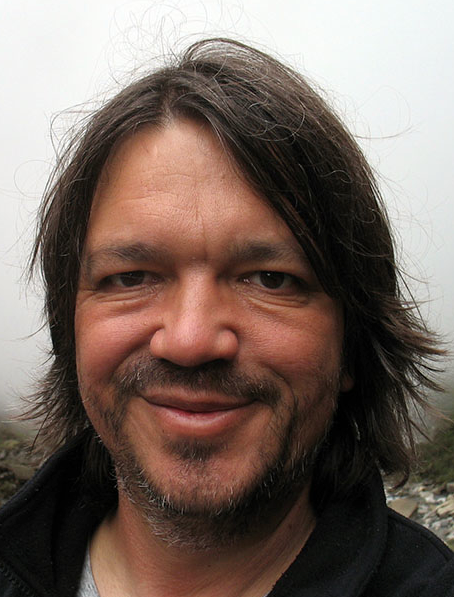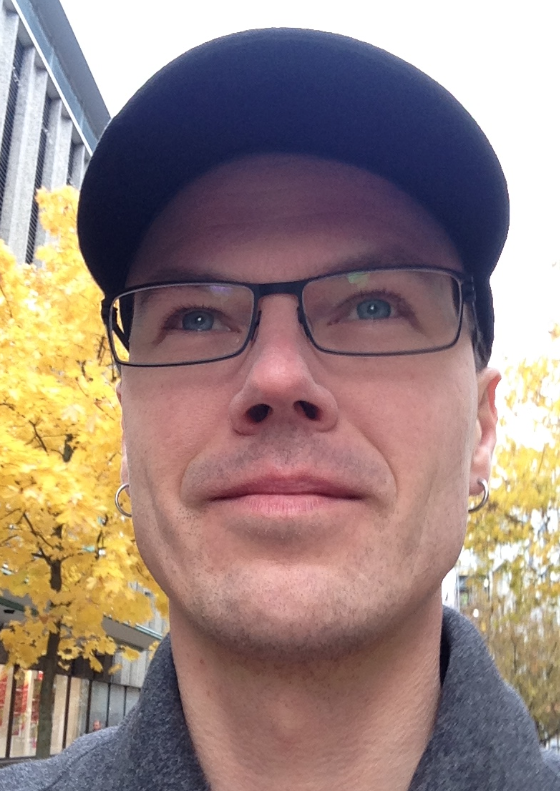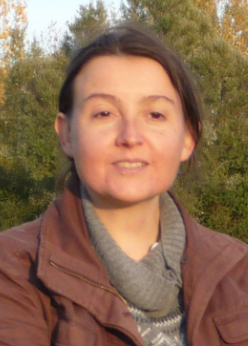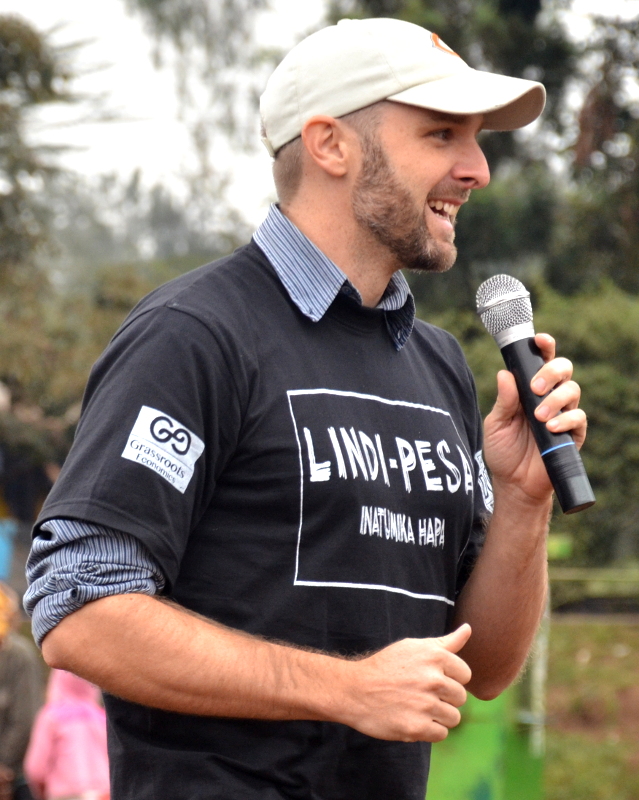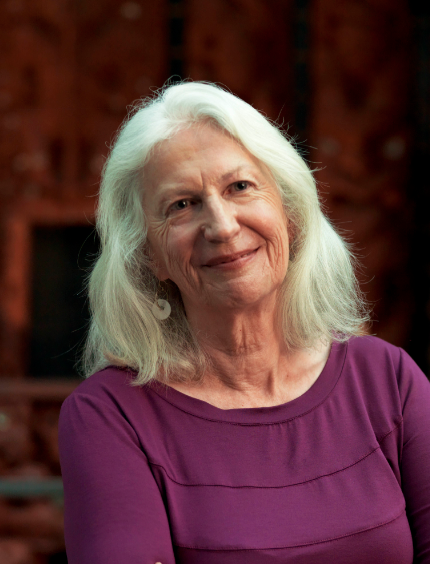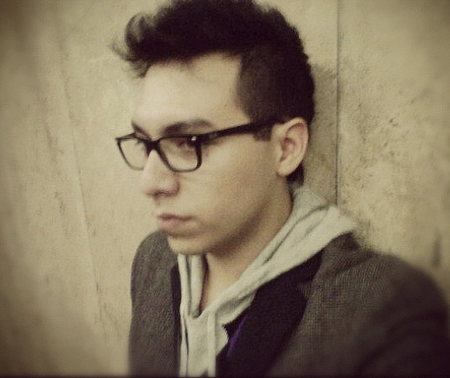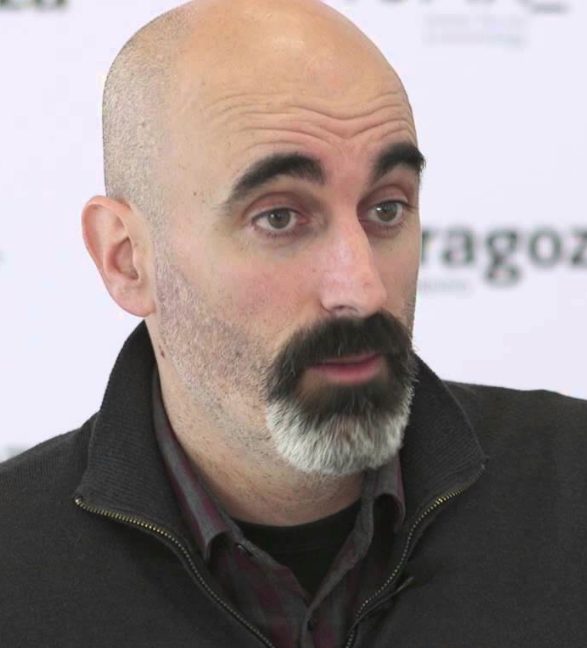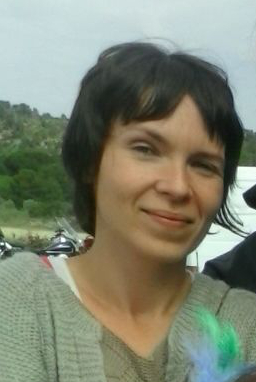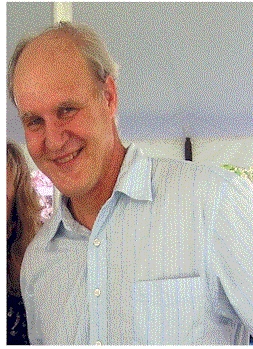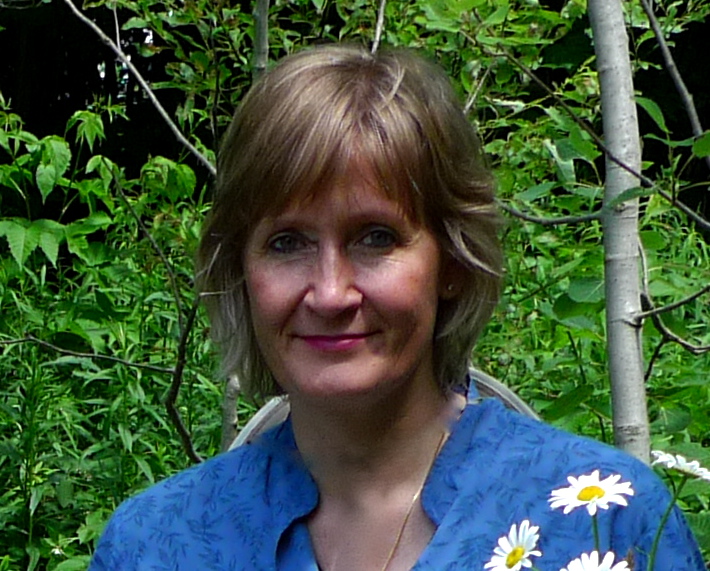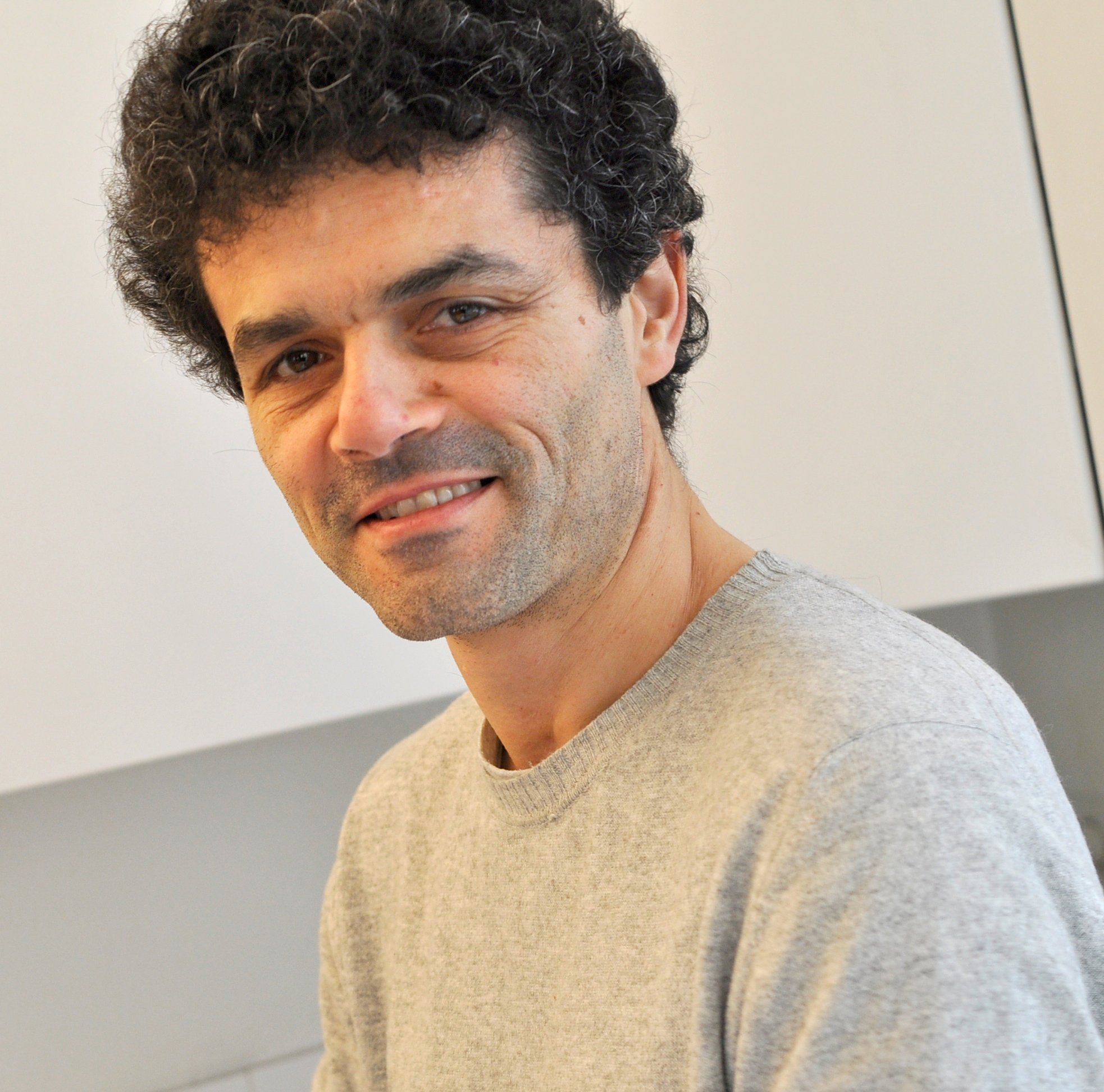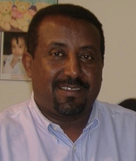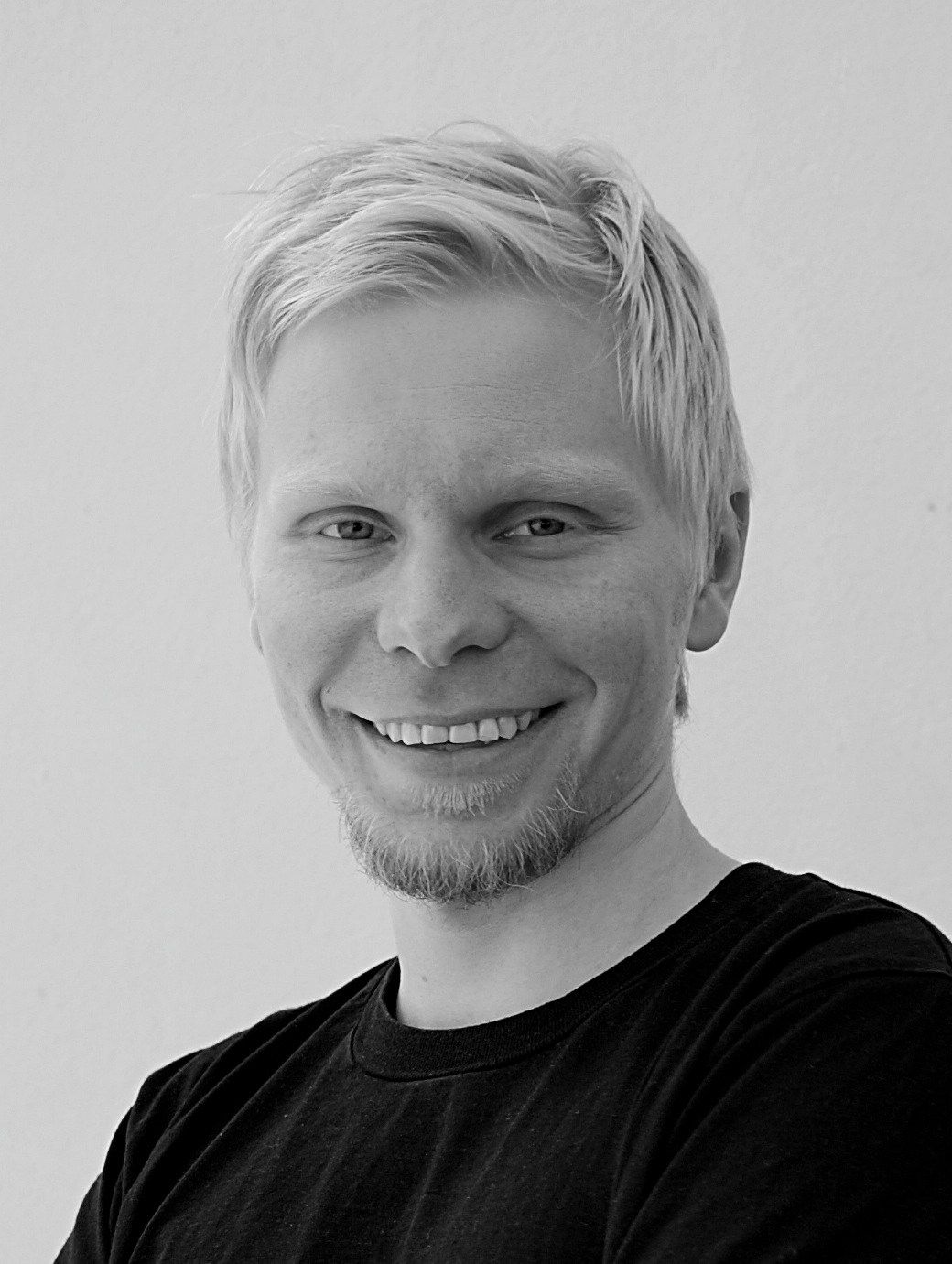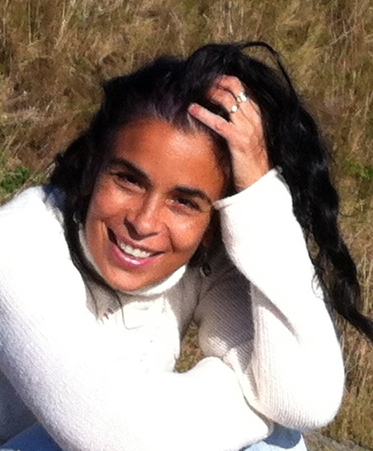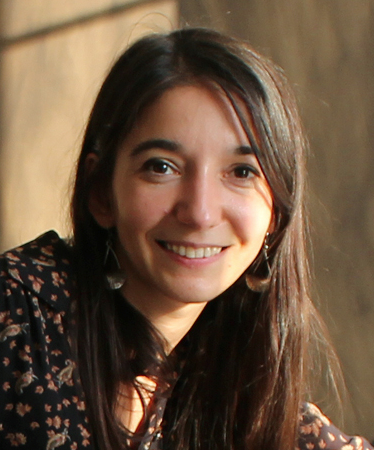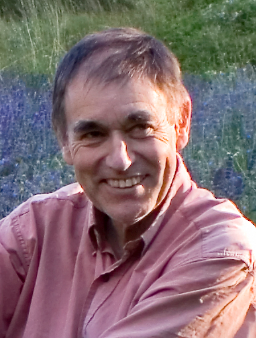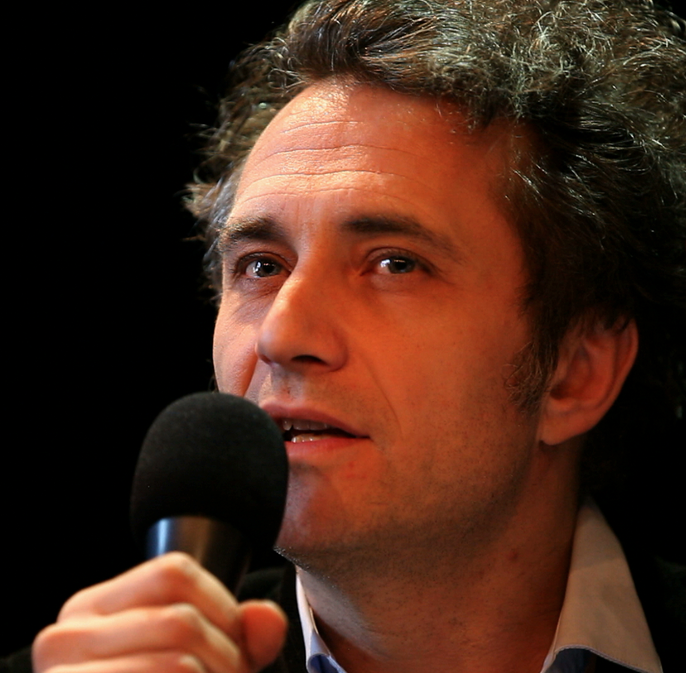Alain Ambrosi (Canada) is a designer and producer of intercultural projects, independent researcher, author, videographer and producer of the Remix The Commons Project.
Patterns of
COMMONING
Fab Lab St. Pauli in Hamburg
By Astrid Lorenzen
The Fab Lab Fabulous St. Pauli, founded in 2011 by an interdisciplinary, tech-savvy group, is located right in the middle of one of Hamburg’s liveliest neighborhoods. It’s one of roughly thirty Fab Labs in German-speaking countries. An open workshop, it offers anyone interested access to the usual wood- and metalworking tools (milling machine, punching machine, drill) as well as computer-controlled devices such as 3D printers and a laser cutter. Anyone can produce everyday objects such as small toys or jewelry, prototypes or spare parts, independent of public or private service providers, for the Fab Lab is organized as a registered association and is financed exclusively by membership dues.
Turning a profit is not its goal, as stated in the international Fab Lab Charter drafted in 2007 by Fab Lab founder Neil Gershenfeld. Another important point mentioned in the Charter is open access to the tools. We make that possible every Thursday on Open Lab Day.
The visitors and users of the Lab include school and university students who want to make models for educational projects, engineers and natural scientists who want to find out more about the technologies, and tinkerers who make new things or fix old ones. The Lab also offers neighborhood youths the opportunity to find out about technical jobs. And there are a lot of creative people in the area who use the Fab Lab to build prototypes or models. They experiment with printing materials, print sample copies, or develop a finger for a robot, for example.
The same conditions, developed by the association, apply for everyone: Whoever puts their hands on something takes on the responsibility for it. That works well in general. People only pay for the materials they use. The time other people take to support them is free of charge. However, the Lab does not offer people the opportunity to use its space and machines for ongoing commercial purposes. New knowledge gained in the Lab is supposed to be transferred back to the community.
Fabulous St. Pauli considers itself a networking node, a place where people and neighborhood initiatives active in societally relevant areas such as energy (KEBAP energy bunker), waste, traffic, or urban gardening, can jointly use the technologies they need in order to develop individual and locally adapted solutions for very different problems. For example, a freight bicycle was developed in collaboration with the urban gardening project Gartendeck.
Fabulous St. Pauli intentionally grapples with the role of production in the city of today, thereby taking part in the discussion about a new form of development of the city in the Hamburg network Recht auf Stadt (“right to the city”). Yet collaboration goes beyond Hamburg and Germany: the global Fab Lab network also provides ongoing exchange of ideas and software as well as visitors from Fab Labs around the world.
The Fab Lab thrives on exchange and on its members’ willingness to share their time and their knowledge about using and repairing the machines, in addition to paying their monthly fee. We started out with seven members and have about thirty today, up to eight of whom are most active. Specifically repairing machines is important, because some of our machines were donated by industry and require regular maintenance. Most machines, however, are provided by the members themselves. Individuals’ motives differ: some are most interested in talking shop and trying things out, others in carrying out their own projects. Still others believe in offering access to new production processes to as many people as possible.
Right now, it would be difficult to run the Lab without the opportunity to rent space cheaply in a self-governed center. That is why municipal policy is very important if self-organized spaces for experimentation are to succeed. With the resources and the knowledge of the active members, who have backgrounds in computer science, electrical engineering, design, journalism, and numerous other areas, and with an affordable, centrally located venue, a Fab Lab like the one in St. Pauli has the potential to take production into its own hands – at a high technological level. Here, at Fabulous, people can try out and implement individual, innovative products and alternative concepts, independent of market conditions. If supported by public funding, then this potential can develop, as the example of Fabrica, a do-it-yourself project to make cellphones, showed in the autumn of 2014.
The Fabrica Project
The Fab Lab hosted the project “Fabrica—Technology meets art meets DIY culture” from August 13 to September 7, 2014. 3D printing and laser cutting are fun, without question. But this is about more than maker-hype gimmicks. Fabulous St. Pauli also wants to be able to make complex devices that everybody uses – for example, cellphones, the consumer product par excellence. They are short-lived, status-laden, produced under questionable circumstances, and locked in black boxes so that consumers have to rely on whatever the manufacturers put inside.
We set up a temporary, decentralized high-tech cellphone factory with a view of the city’s harbor. We wanted participants to be able to produce 5 percent of St. Pauli’s cellphone demand themselves. The circuit boards were assembled and soldered following the template of an open source phone, the Arduino-based DIY phone developed by David Mellis (M.I.T.). A high-end laser cutter and various 3D printers were available for producing individually designed casings. We wanted to find out what people wanted in terms of future, decentralized production of their high-tech products, and also how nonexperts could participate in producing simple cellphones at a professional level. Finally, we wanted to experiment with the freedom to use components from fair production in our cellphones, gradually increasing their share in each device. What we had in mind was “Fair IT.” A lot of people were interested in understanding the products they carry around every day, and even designing and assembling them.
Astrid Lorenzen (Germany) has been an independent industrial designer for sustainable product design since graduating from the Muthesius University in Kiel. 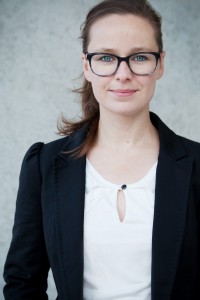 She has been active in the FabLab St. Pauli since 2012. In addition, she is involved in the Sustainable Design Center and in the Working Group Fair IT.
She has been active in the FabLab St. Pauli since 2012. In addition, she is involved in the Sustainable Design Center and in the Working Group Fair IT.
